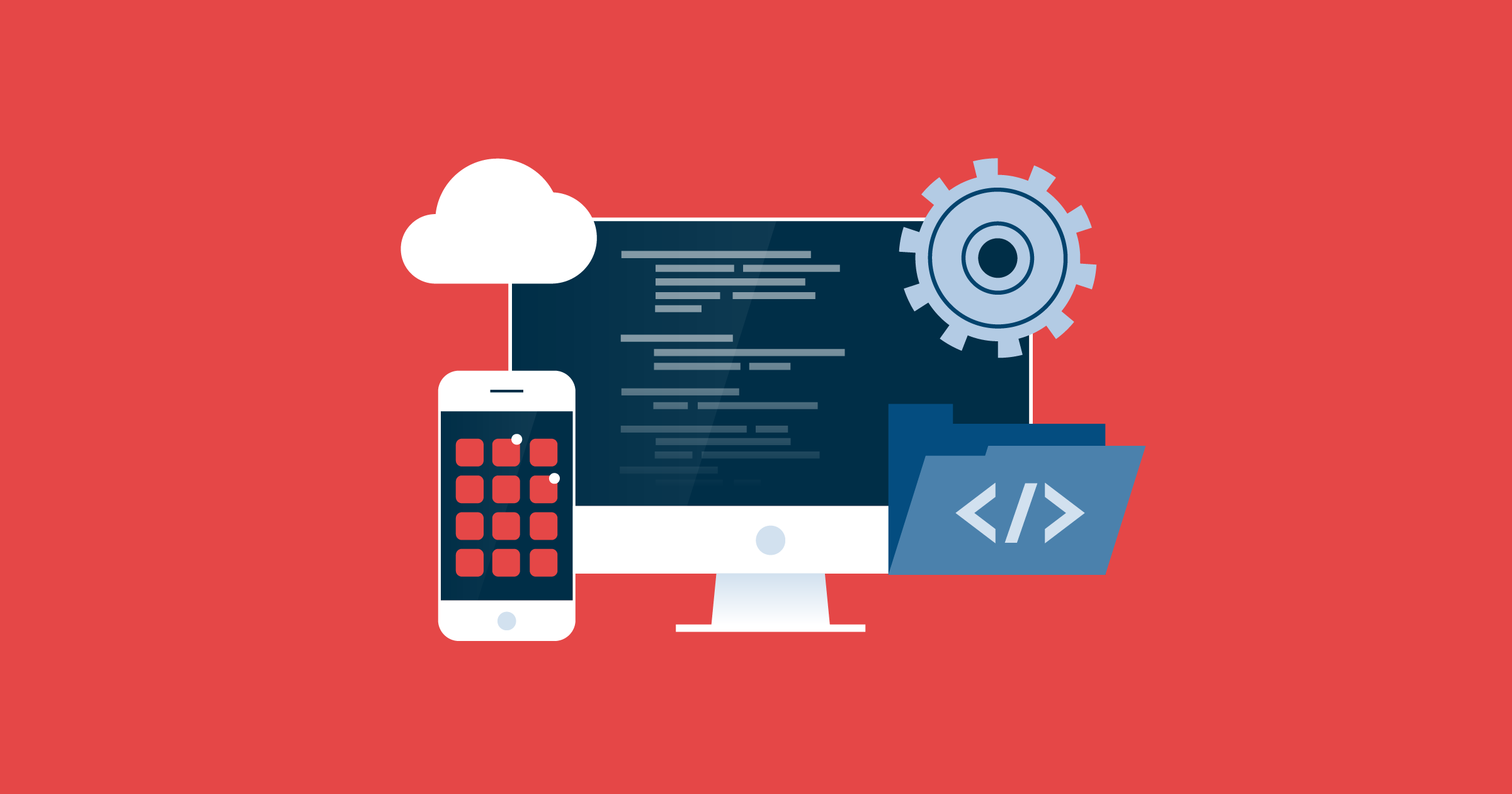This article will examine why, by its very definition and nature, blockchain needs to be based on open-source software. This has been an ongoing debate since the inception of Bitcoin and the blockchain tech that supported it.
Table of Contents
Understanding Blockchain
Blockchain is most simply explained as a shared decentralized spreadsheet or database that is incorruptible as there are thousands of copies of the same ledger shared with others across a network. All records are public for the users with permissions and there is no one central place for the data to be stored. It is referred to as the blockchain because the information is contained in identical blocks across the network and its veracity is checked, confirmed and updated throughout the network on a regular basis. It is decentralized in the sense that the same version of the block is always in existence somewhere else on the network.
Why Open-Source Software was so Important for Blockchain
Many would argue that the most important aspect of open-source software for blockchain is the transparency it provides. Allowing the users of the software to be privy to its very source code and enabling them to change and improve the software is one of the aspects that led to the continuous improvements and innovations that have been seen in the blockchain.
By making it open-source, developers and users were firstly able to take blockchain beyond Bitcoin and now they are looking to move it beyond crypto currencies. Ethereum is definitely one to watch in this regard, and tracking it on an exchange like okx.com will provide a great way to see how important the blockchain tech and networked databases have become.
The decentralization of open source is another reason that it works so well for blockchain and crypto. The benefit of this is that no one single version of any of the blocks of information can be corrupted or changed, as they exist in replica in a number of other locations at the same time.
Advantages of Open-Source Software
- Open-source software is cheaper than proprietary or commercially owned software
- The source code is available to be adjusted, for bespoke business applications
- It is highly reliable
Disadvantages of Open-Source Software
- There isn’t a great deal of additional support
- It may not be as user friendly as commercial versions
The advantages of open-source far outweigh the disadvantages. As a means to provide a transparent and innovative form of tech solution such as blockchain, the software needed to be easily adjusted, open to other techies making improvements and cheap to use. Only open-source software would and could provide all that blockchain needs.
There was indeed the worry that bad actors would also be able to make amendments to the source code and affect ongoing developments of public blockchains. However, the cryptography and encryption techniques being developed have prevented this from occurring. Furthermore, the relationship between blockchain and open-source software has actually proven that there are more good actors than bad ones out there and the self-reflection of the system, the existence of the same truths (or data) in different locations in the network at any given time means that fraudulently or maliciously damaging the open-source code or the blockchain itself is virtually impossible.


